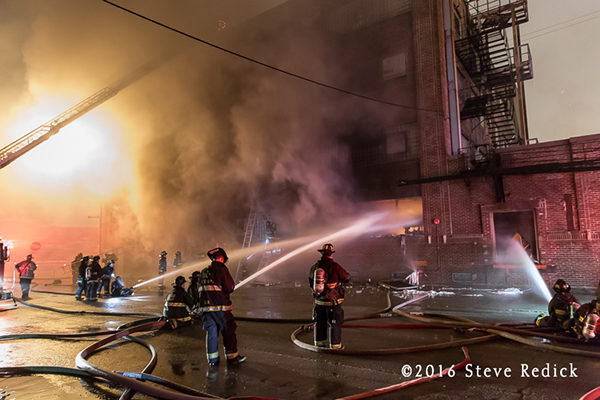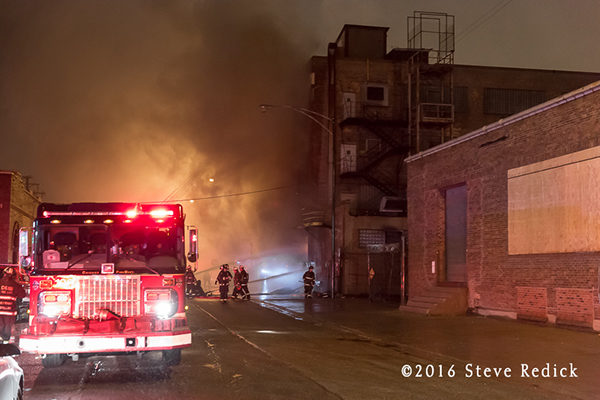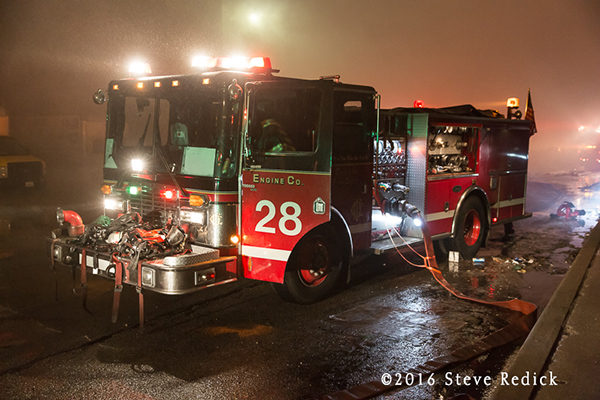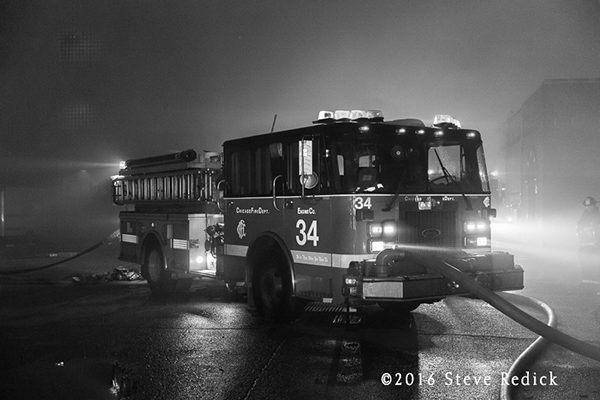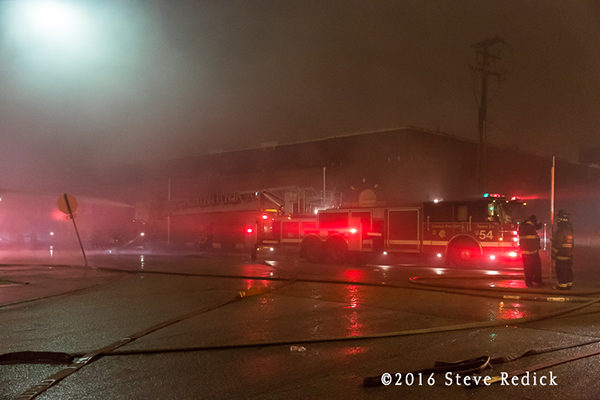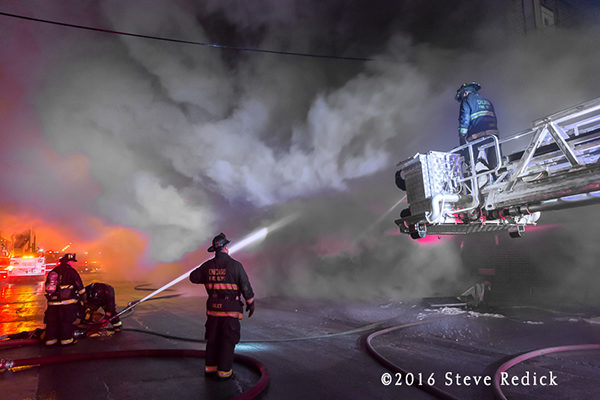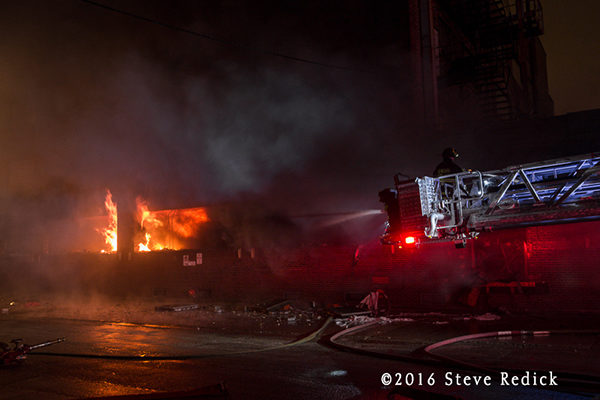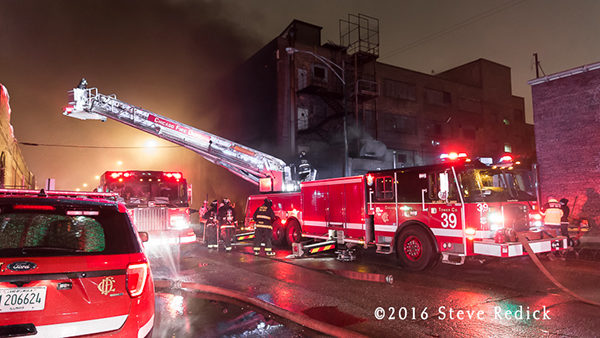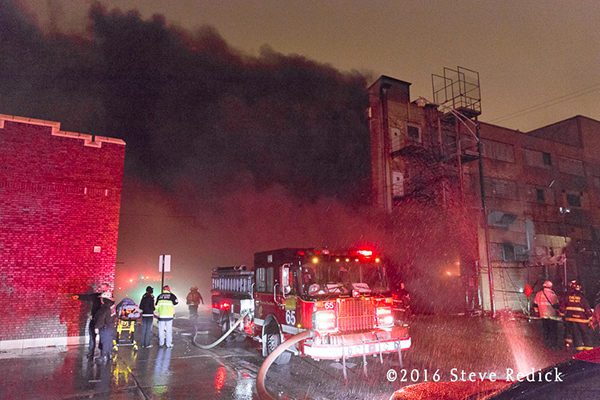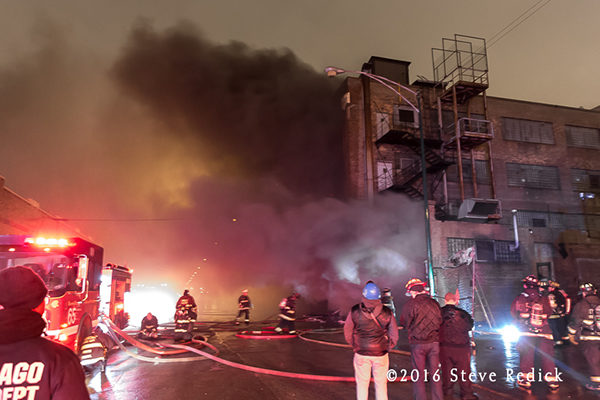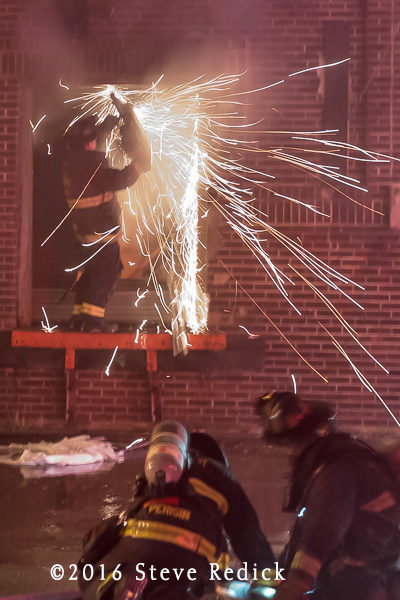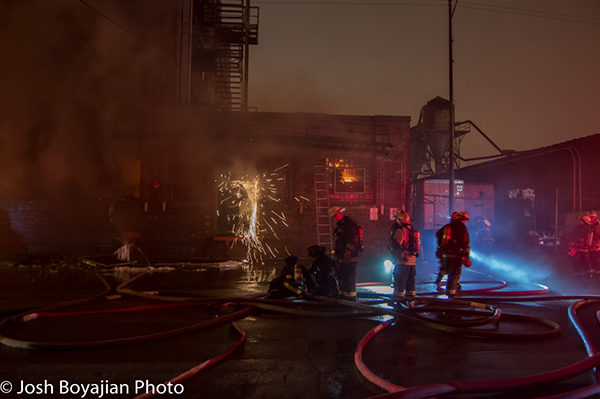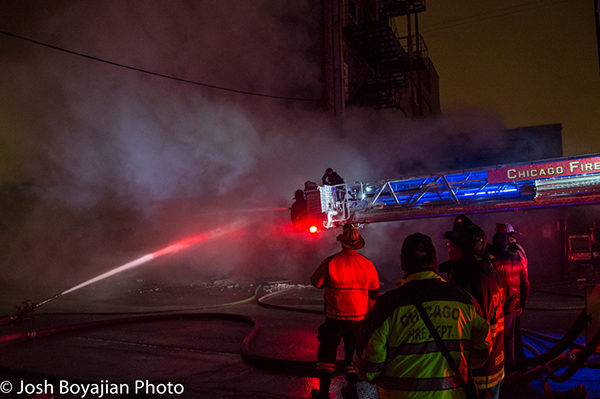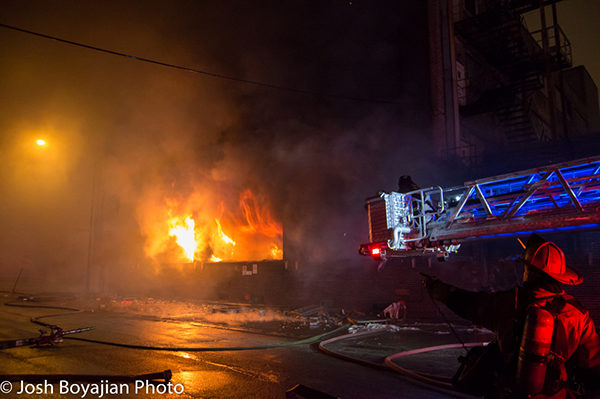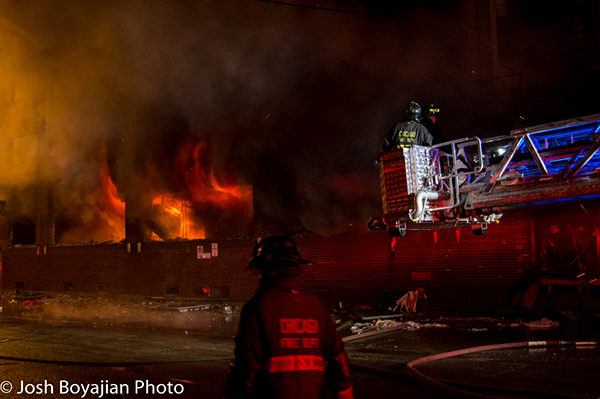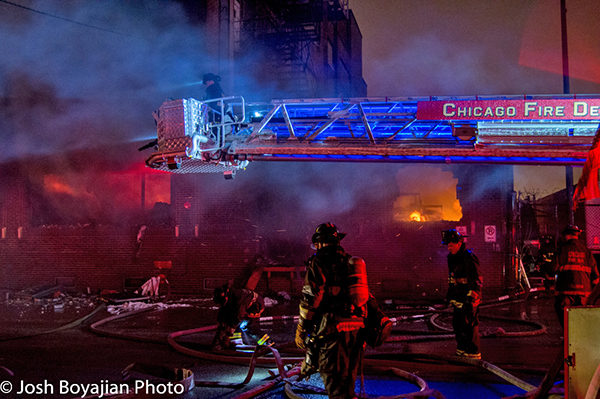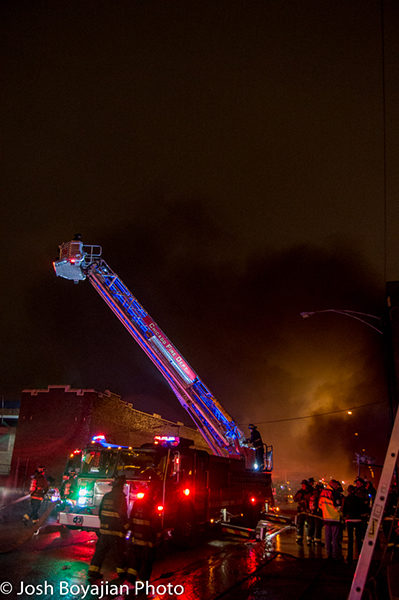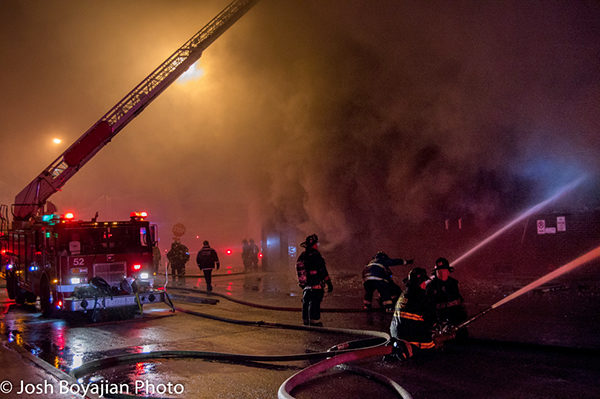Excerpts from the ChicagoTribune.com:
The group representing firefighters and municipalities hopes to revive a law that protects
first responderspolice officers, firefighters, and EMS personnel from getting sued by people they try to help.The so-called public duty rule dates to the 1800s and provides firefighters and paramedics broad immunity from lawsuits stemming from their on-the-job actions.
But earlier this year, a divided Illinois Supreme Court struck down the public duty rule when it took up a case involving the 2008 death of a Will County woman who had called 911 while home alone after going into cardiac arrest and later died.
According to a lawsuit her family filed against the East Joliet Fire Protection District, paramedics arrived at home of the 58-year-old woman, but when she didn’t come to the door they decided not to force their way in because police were not present. The
respondersfirefighters eventually returned and entered the home after the woman’s husband came home, but by then 41 minutes had gone by since the initial 911 call. The lawsuit alleged that the delay in providing emergency care to the woman contributed to her death.The lawsuit was initially dismissed but was eventually appealed to the state’s high court.
In sending the case back to the lower court, justices said in part that the public duty rule is confusing and misused. They also noted that another law, known as tort immunity, provides
first respondersemergency personnel similar protection against lawsuits. But tort immunity is more limited in that it doesn’t apply to willful and wanton conduct, meaning intentional wrongdoing.Two groups representing firefighter unions and mayors seeking to get a public duty law on the books in Illinois are worried that its absence could open the door to frivolous lawsuits that will cost municipalities — and therefore taxpayers — money to get such legal claims dismissed in court.
A bill proposed in the Illinois Senate, first introduced in February, would bring back the public duty rule, though it has yet to be heard in a committee.
The public duty rule “protects public safety employees who need to be doing a service, not worrying whether or not they’ll be getting sued,” said Brad Cole, Illinois Municipal League executive director. “This has been common law for 160 years. We’re not reinventing anything new.”
The philosophy behind the law is that “public entities owe a duty to the public at large, and not any one individual. This meant that first responders could prioritize their responses based on available resources without the fear of lawsuits when a service didn’t meet expectations,” according to joint release on the bill from the Illinois Municipal League and the Associated Firefighters of Illinois.
But Chris Hurley, president-elect of the Illinois Trial Lawyers Association — a group that opposes the bill — said the public duty law wrongly protected
first responderspublic safety employees from being sued for misconduct, and the court was right to strike it down.“As a society, we don’t want this,” he said. “You want a situation where there’s no consequence for willful and wanton misconduct? That can’t be the law in this state.”
The Supreme Court ruling, he said, “eliminates a lot of confusing case law and doesn’t do anything to harm local governments or their employees.”
Those advocating for the return of the law, Hurley said, “ought to just come out and say what they really want. They don’t want (government) employees sued for willful and wanton conduct. And they ought to tell the people what that means. They don’t want any consequences for their behavior, ever, no matter how egregious it is.”
But Cole denied that’s the intent of the bill and said current immunity law for
first respondersemergency personnel does not offer enough protection. That law, unlike the public duty rule, can be offered only as a defense in court. That translates to government entities wasting taxpayer money to defend themselves, he said.
thanks Dan
Excerpts from pantograph.com:
An Illinois Supreme Court ruling has united two groups that often are at odds when it comes to legislation pending at the Statehouse.
The Illinois Municipal League and the Associated Fire Fighters of Illinois, the state’s largest firefighters union, are backing a bill they say would shield local governments and public safety employees from being sued over the way they prioritize services.
The bill, sponsored by state Sen. James Clayborne, D-Belleville, would codify the public duty rule that the Supreme Court struck down in January. The longstanding rule held that units of government and their employees have a duty to protect the well-being of the community as a whole rather than that of individual people.
The Supreme Court’s decision came in a case involving the 2008 death of Coretta Coleman in unincorporated Will County.
Coleman, 58, called 911 because she was having difficulty breathing. There was a series of delays and miscommunication among emergency personnel, and by the time Coleman’s husband arrived home and let paramedics in, more than 40 minutes had passed. She was found unresponsive inside and was pronounced dead at the hospital.
Coleman’s family sued the East Joliet and Orland fire protection districts, Will County, and their employees who were involved in the response.
Citing the public duty rule, lower courts ruled in favor of the defendants. But the high court overruled them in a 4-3 decision, abolishing the rule it had established in previous decisions.
“Obviously, if the legislature determines that the public policy requires it, it may codify the public duty rule, but we defer to the legislature in determining public policy,” Justice Thomas Kilbride wrote in the majority opinion.
That’s precisely what the Municipal League and the firefighters union are urging the General Assembly to do.
“In the Coleman case, the court decided to abandon the public duty rule and to abandon the public safety employees who the rule supports and defends,” said Brad Cole, the Municipal League’s executive director, calling it a “dangerous decision.”
For example, Cole said, it could expose local governments and their employees to lawsuits resulting from how they decide to prioritize numerous calls for help at the same time.
While there hasn’t been a flurry of new lawsuits since the ruling, supporters noted the Illinois Trial Lawyers Association opposes the measure.
Perry Browder, president of that association, said the proposed legislation is overly broad and could block an important check on how public safety agencies operate.
“We certainly don’t want to encourage frivolous lawsuits,” Browder said. “But at the same time, we don’t want to encourage reckless conduct or intentional disregard (by public safety employees) because that harms the public, harms our citizens and puts people at risk.”
